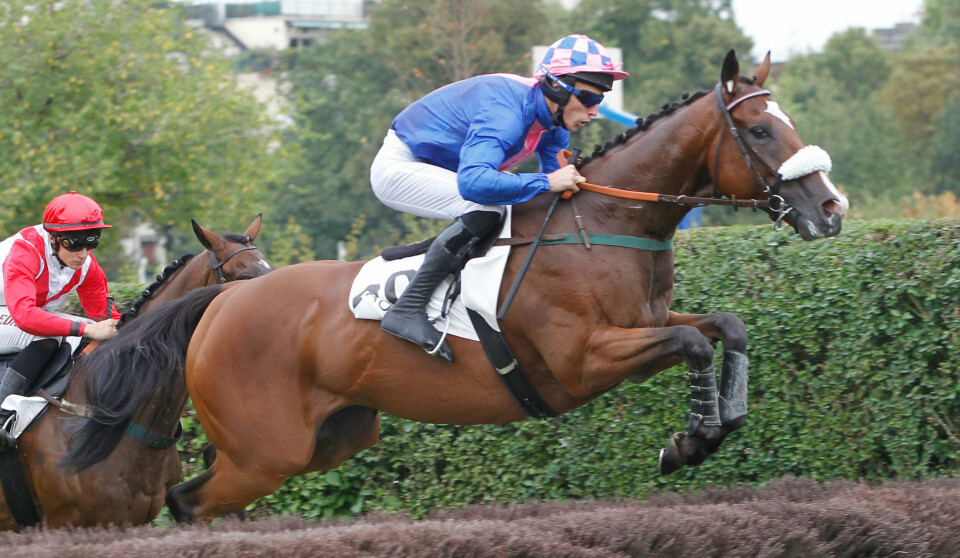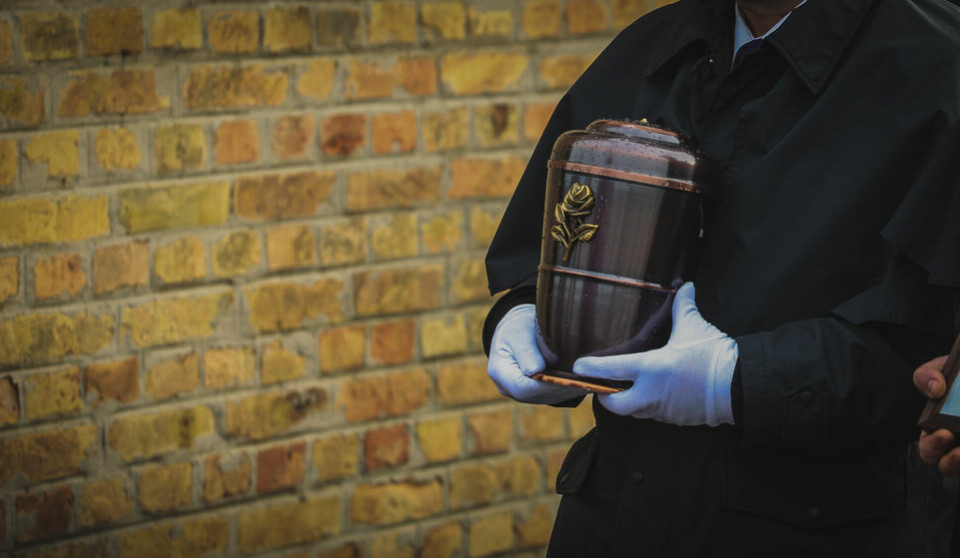-
Paris hospital dog trial goes from strength to strength
An English setter rescue dog at one of the world’s top cancer hospitals in Paris has been described as “a bubble of oxygen”
-
PHOTOS: Olympic Flame to travel to France on beautiful historic ship
The 127-year-old ship sets sail on Saturday with ‘the most important passenger it has ever carried’
-
Phone scams, gardening, insurance claims: 5 French practical updates
Our roundup of recent practical articles you may have missed
Hypno lessons ‘boost French learning’
The first website where you can learn a language through hypnosis is adding French to its lessons in March.

Lessons are already available for English, German, Spanish and Italian.
This new style of teaching attracted attention after it was tested on 150 pupils at a private lycée, with one-hour obligatory sessions taking place weekly since the beginning of the school year.
Headmistress of the school in Saubrigues in the Landes, Christine Gayon told Connexion: “The language teachers who are native speakers tell me it helps improve students’ pronunciation and gives them more confidence so they find it easier to speak and join in a conversation.”
Mme Gayon says the one-hour session is not enough: “Each student has access to the app and has to work on it three times a week to be effective. They still have conventional lessons for writing and grammar.”
Charlotte de Bouteiller, president of the Syndicat National des Hypnothérapeutes, said learning languages in this way is an excellent idea: “Being in a state of hypnosis simply means being in an extreme state of concentration, where you focus completely on one task.
“It means you are in the best condition for learning. It will probably not work for everyone, as the person must not be sceptical.
Sleeping well is also important, as learning is reinforced in deep sleep.” Gershon Pinon, a psychologist, hypnotherapist and one of three French founders of Hypnoledge (hypnoledge.com), said no one need fear the effects of hypnosis: “Learners do not become unconscious. Each lesson lasts 20-30 minutes.
“During the first six to 11 minutes, the learner will listen to the voice of a hypnotist, which will take them into a state of relaxation and put them into an optimal condition for concentration without any outside distractions. It is a state where people do not judge themselves, which helps get rid of inhibitions, making it easier to speak.”
Lessons include visual illustrations and vocabulary, speech from a native speaker, repetition by the student, and exercises.
Subjects cover day-to-day situations. At the end, there are around three minutes to bring pupils out of the hypnotic state. The emphasis is on understanding and speaking.
Mr Pinon said it does not produce miracles: “You cannot expect to become bilingual overnight but it is a method you can use to help become more receptive to learning a language.”
You can sign on to the website for free for two weeks to see if the method suits you and after that it costs €19.90 a month, with unlimited access to all lessons and languages.
The meditation sequence will be in English.
Would any readers like to try this out and share their results with us? Please email us at news@connexionfrance.com























